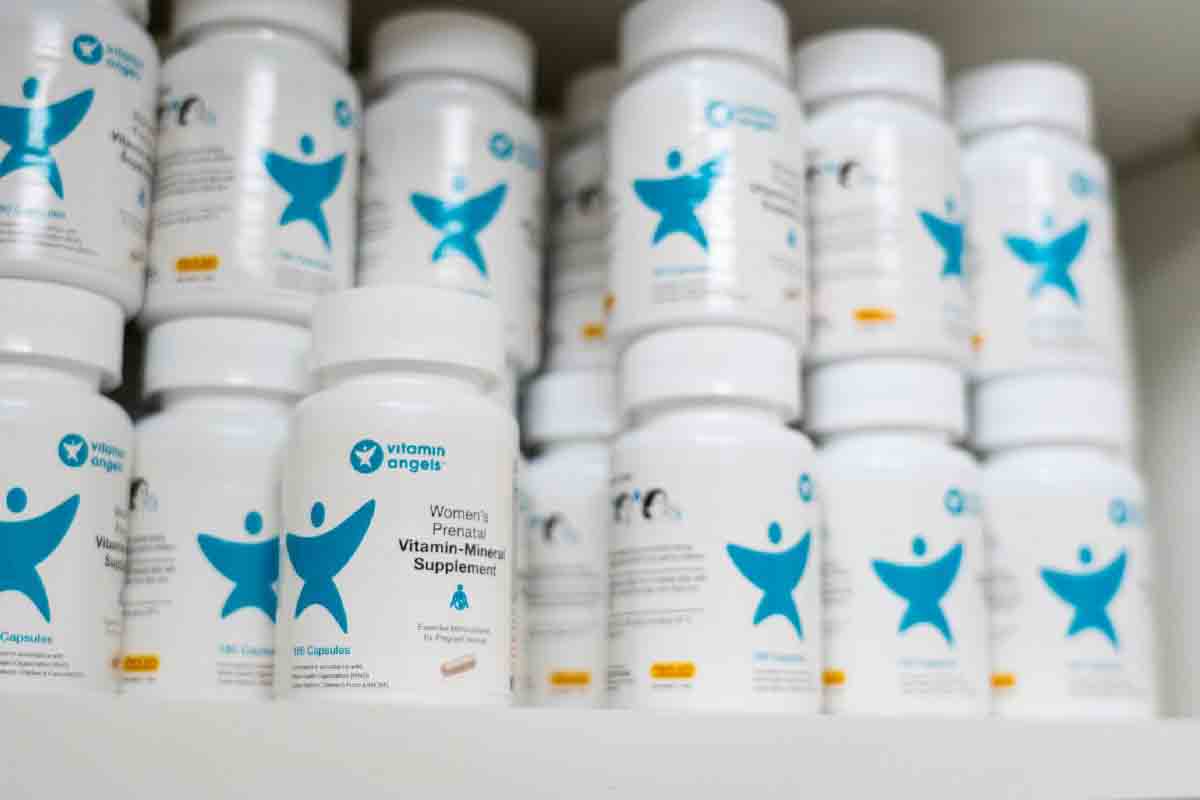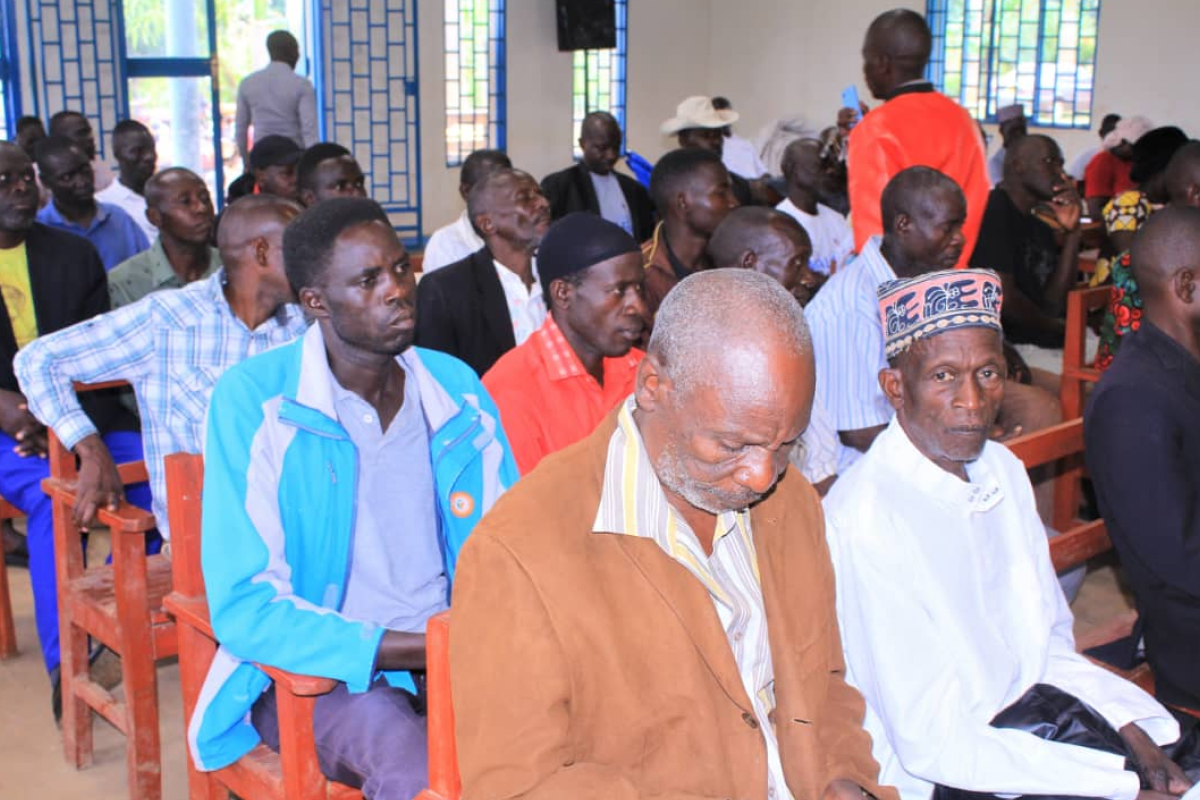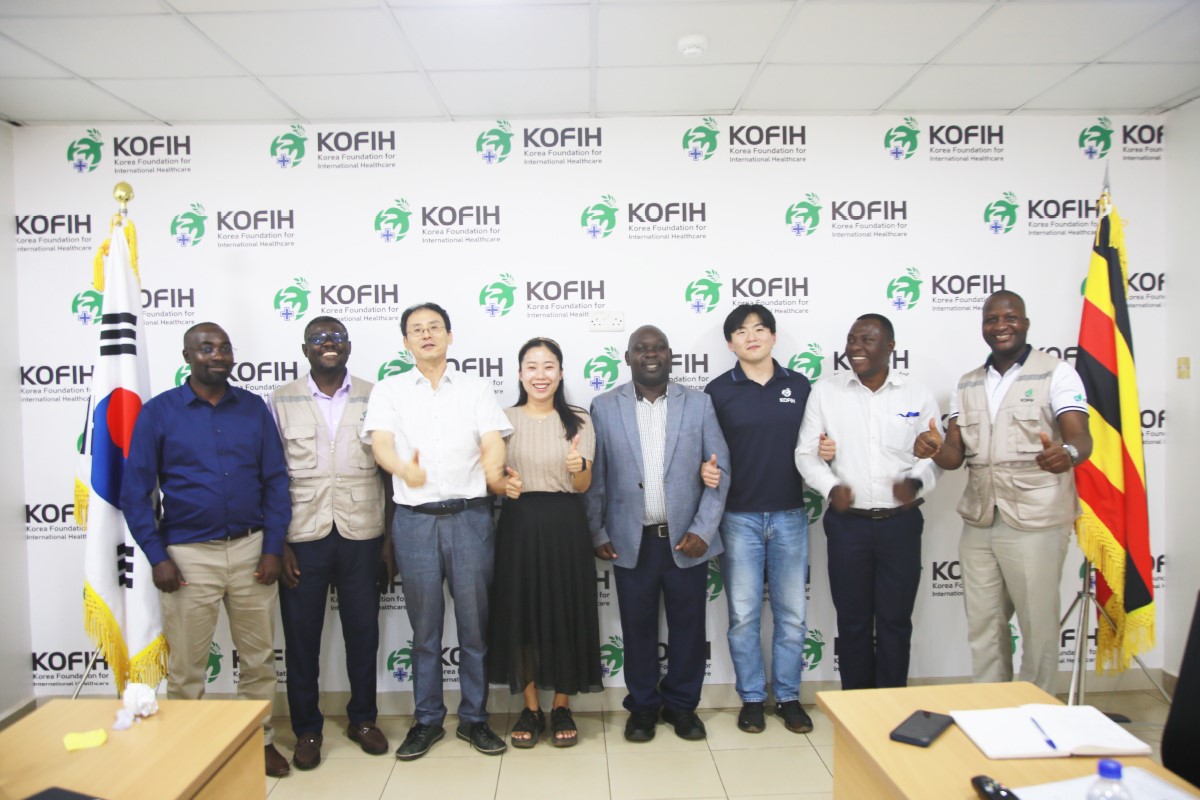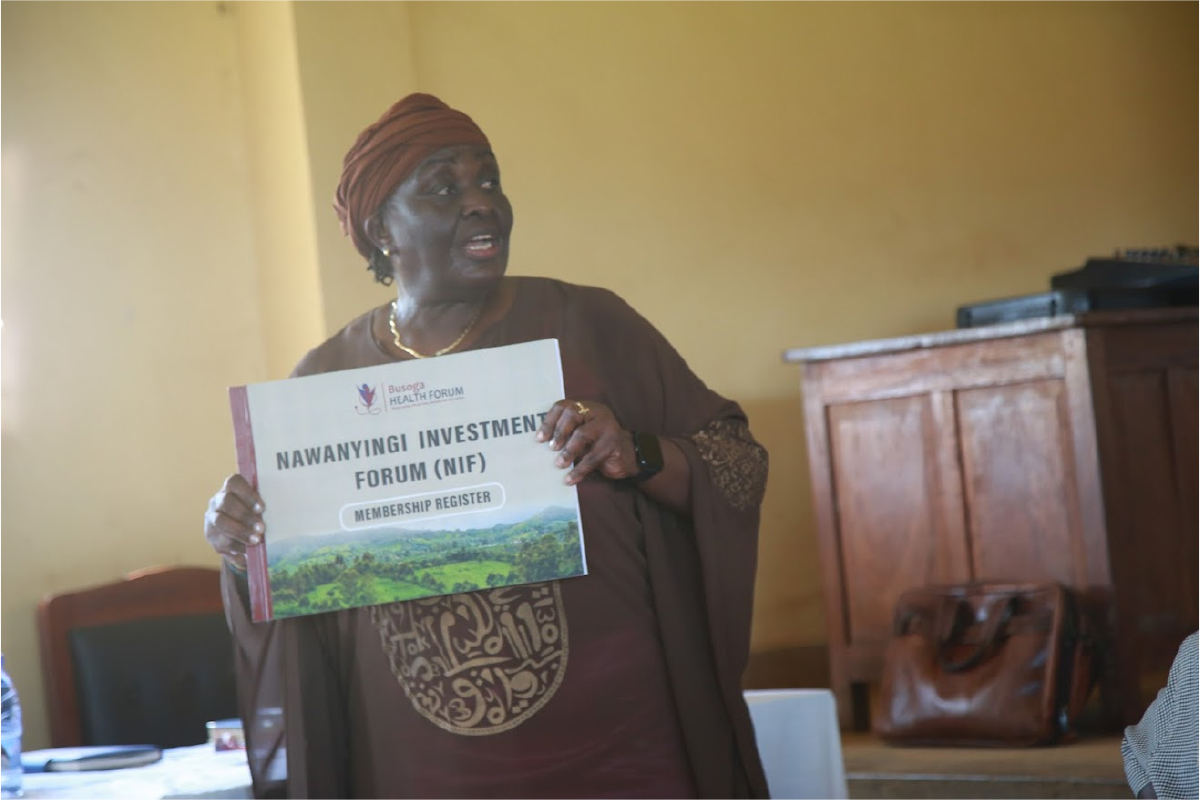Published By BHF | June 28, 2022
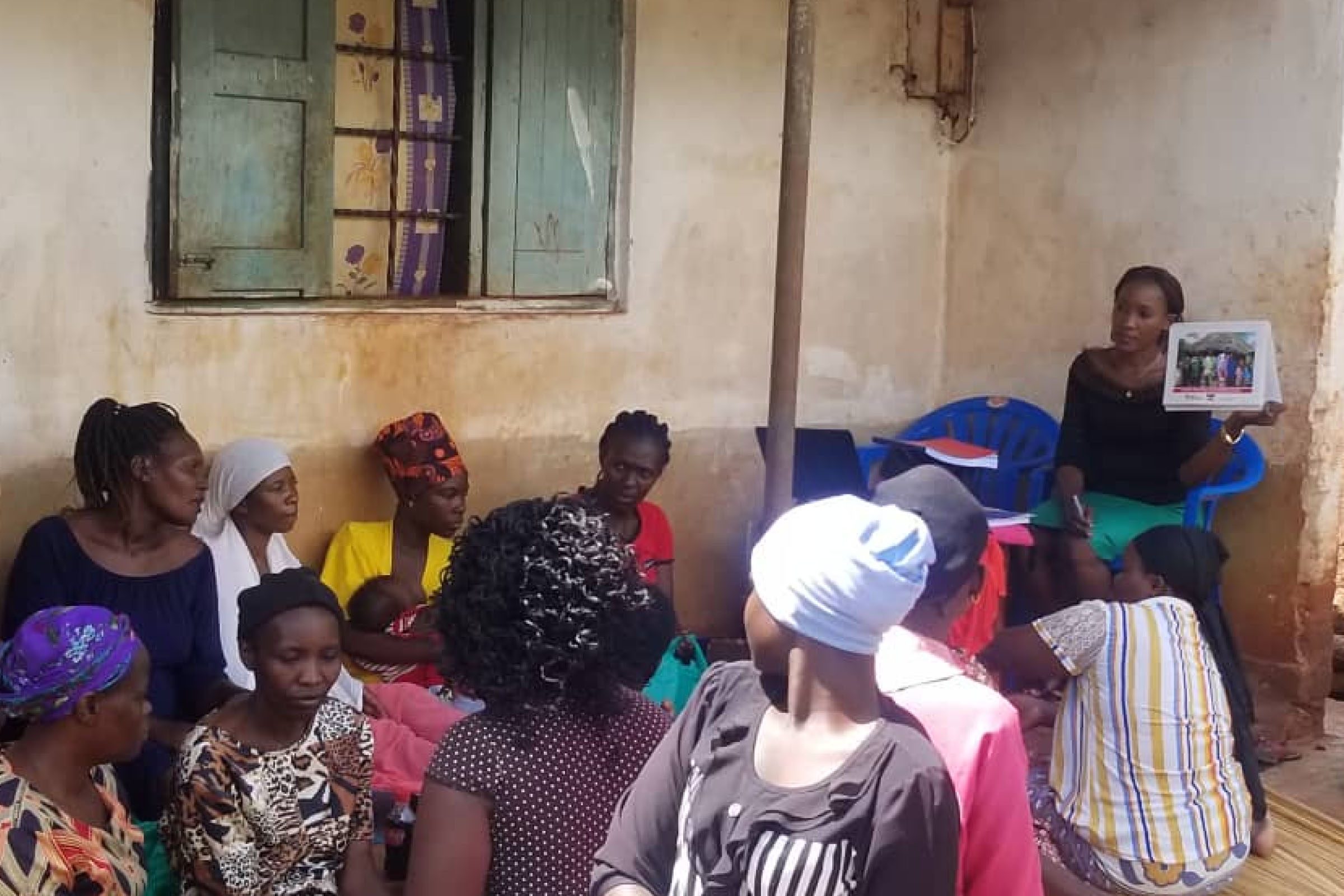
By Dr. Felix Kizito- Project Coordinator, Busoga Health Forum
Busoga Health Forum (BHF) in collaboration with Makerere University School of Public Health (MakSPH) has set out under the Urban Thrive Project (UTP) to use the existing community groups as one of the intervention activities to share family planning knowledge among the locals in Jinja city and Iganga municipality.
Previously, the mainstream media has been the source of information for the masses. However, the need to reach a specific target audience based on demographics such as age and gender in peri-urban settings calls for more than a heterogeneous medium.
As implementing researchers, we need to think outside the box on how best to reach the target population to achieve this objective.
The use of community groups is one of the high-impact practice interventions employed to reduce the unmet need for family planning in Jinja City and Iganga Municipality. The community groups allow us to reach specific target audiences with audience-specific information.
The community groups include women savings groups, Boda-boda associations and market vendors’ groups, commercial sex worker groups, mechanics and groups of persons living with disabilities and other community groups.
Community facilitators and influencers trained under the UTP meet these groups at their places of work or their meeting places to facilitate the discussions. Here, Participatory Learning and Action (PLA) approach is employed.
The group members identify and prioritize the issues/ problems affecting family planning access, plan strategies, put strategies into practice, and assess the effects. This approach allows the community members to be part of problem-solving within their respective communities.
In one of the community meetings with the Mauta Women’s Savings Group located in Namulesa village, Namulesa Parish, Mafubira sub-county, an engaging discussion focused on myths and misconceptions. One of the issues that stood out in the discussion was the use of non-conventional methods to prevent pregnancy as shared by a group member:
“Doctor, you know I used Panadol as a method, I thought it was working but I ended up with ten children.”
Group members appreciated the approach and wished all health programs could use such ways of engagement to solve the challenges within their community. The misconceptions about family planning were shared, and community facilitators resolved them with scientific explanations.
Other discussions focused on the side effects experienced when using different methods of contraception. One member was quoted saying:
“My friend was using the Implanon method, the husband complained about how she is no longer the same in bed and she had to remove it yet she wanted to space her children. She is now six months pregnant.”
These challenges and many more are within the communities we are serving. Unless we reach them on the grass root level, we may never know how best to address these issues. If we are to reduce the unmet need for family planning and improve uptake, we need to reach the population with the right and correct information and influence the people to make the right decisions.
The government has done more work with HIV/AIDS prevention through information sharing with improved results in comparison to other programs such as family planning. I believe that if the same efforts are used regarding family planning, we will see improved uptake and creation of the right perception towards family planning methods in our communities.
According to the UTP baseline assessment report, the findings show that the overall family planning unmet need is at 30%, with Jinja city and Iganga municipality at 30% and 32% respectively.
The Urban Thrive Project is a 3-year project funded by the John Templeton Foundation to increase coverage and uptake of voluntary family planning in jinja City and Iganga Municipality.

